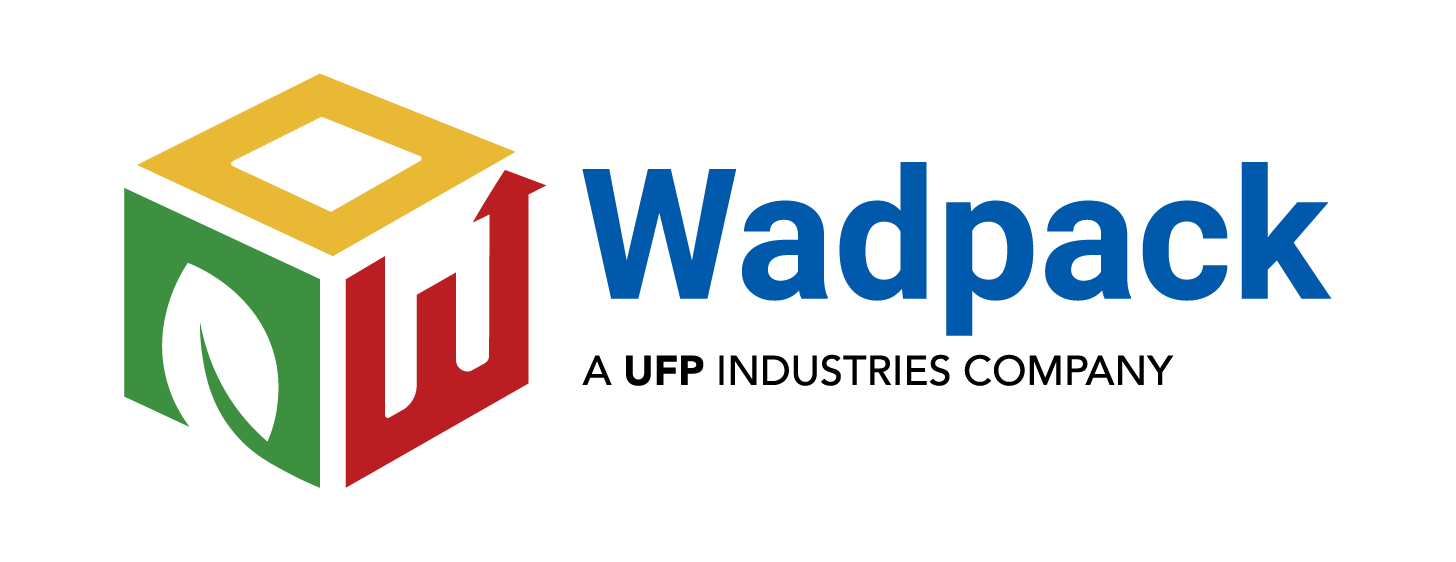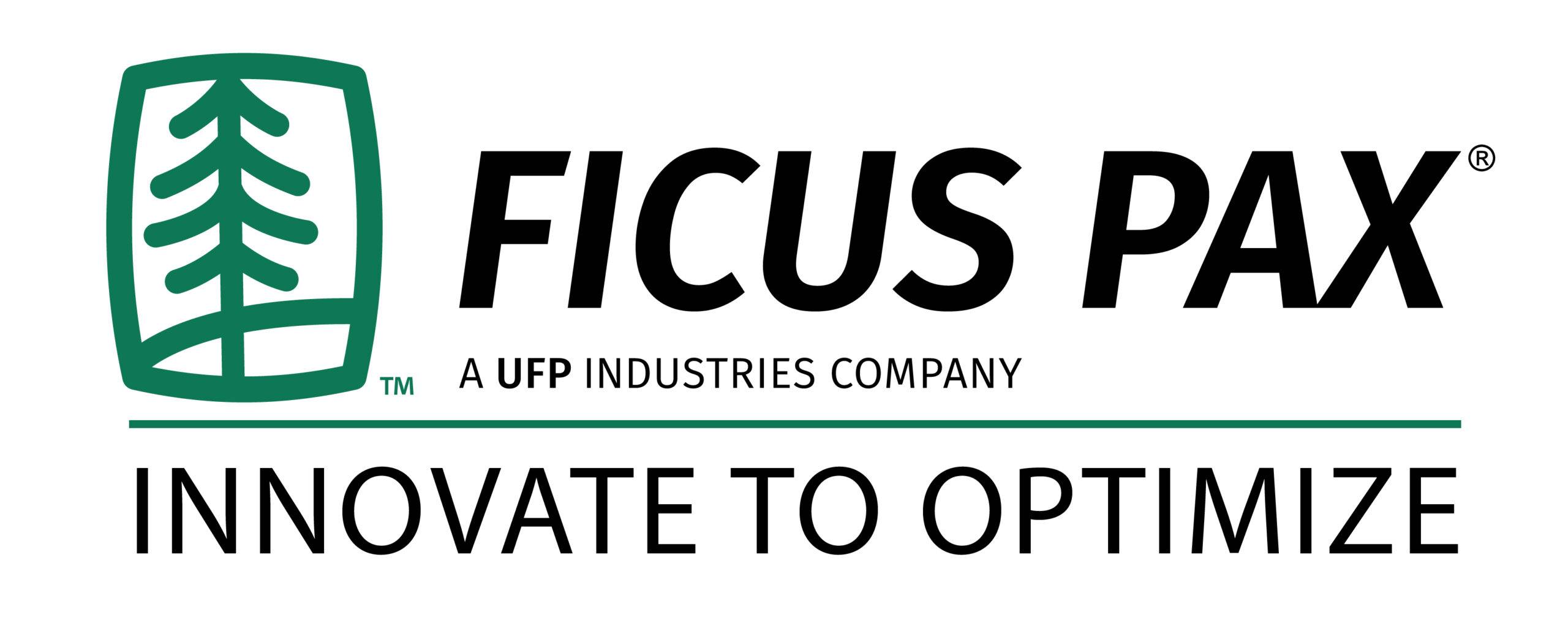(IBC) Intermediate Bulk Containers

Intermediate Bulk Containers (IBCs) are versatile industrial containers designed for transporting and storing liquids, granulated substances, and powders. With a typical capacity ranging from 200 to 1000 liters, IBCs bridge the gap between individual containers and large tanks. They feature a durable framework, often made from steel or plastic, surrounded by a protective cage.
IBCs are favored for their efficiency in handling and shipping, reducing packaging waste and logistics costs. Their standardized design enables easy integration into various supply chains. Commonly used in industries like chemicals, food, and pharmaceuticals, IBCs streamline the storage and transportation of bulk materials while ensuring safety and compatibility.
IBC Container Dimensions
250 Litres IBC Container
A 250-liter Intermediate Bulk Container (IBC) is a versatile industrial container designed to hold and transport liquids, chemicals, and other materials in bulk. These containers typically have a robust construction, often made of materials like high-density polyethylene (HDPE) or steel, ensuring durability and resistance to various substances. The 250-liter capacity strikes a balance between smaller containers and larger tanks, making it suitable for many applications.
Common uses of a 250-liter IBC container include:
- Chemical Storage and Transportation: IBCs are widely used to store and transport various chemicals, including hazardous materials. Their sealed design prevents leaks and spills, ensuring the safe handling of chemicals.
- Food and Beverage Industry: IBCs are employed for storing and moving liquid ingredients, such as juices, syrups, and flavorings, within the food and beverage manufacturing processes.
- Pharmaceuticals: These containers are utilized to transport bulk pharmaceutical ingredients and solutions, maintaining hygiene and preventing contamination.
- Agricultural Applications: IBCs can hold fertilizers, pesticides, and other agricultural chemicals, facilitating their distribution and usage.
- Water Treatment: IBCs are employed to store and transport water treatment chemicals for purification processes in municipal and industrial settings.
- Paints and Coatings: The IBC’s design is suitable for storing and transporting paints, coatings, and other liquid finishes.
- Automotive and Lubricants: IBCs are used to store and distribute automotive fluids and lubricants, ensuring a steady supply for manufacturing and maintenance.
- Waste Management: IBCs can be repurposed as collection containers for hazardous waste, simplifying disposal and adhering to environmental regulations.
300 Litres IBC
A 300-liter Intermediate Bulk Container (IBC) is a versatile industrial container designed for the storage and transportation of liquids, chemicals, and other bulk materials. With a capacity of 300 liters, these IBCs strike a balance between smaller containers and larger tanks, making them suitable for various applications across industries. Some common uses of a 300-liter IBC include:
- Chemical Industry: 300-liter IBCs are frequently used for storing and transporting various chemicals, including hazardous substances. Their secure and sealed design prevents leaks and spills, ensuring safe handling and transportation.
- Food and Beverage Manufacturing: IBCs are employed to store and transport liquid ingredients such as flavorings, additives, and concentrates within the food and beverage production process.
- Pharmaceuticals: These containers are used to transport bulk pharmaceutical ingredients, solvents, and solutions, maintaining cleanliness and preventing contamination.
- Agriculture: 300-liter IBCs can hold fertilizers, pesticides, and other agricultural chemicals, facilitating distribution and application.
- Water Treatment: IBCs are utilized for storing and transporting water treatment chemicals, aiding in purification processes for municipal and industrial water treatment.
- Industrial Lubricants: IBCs can store and distribute industrial lubricants and fluids for manufacturing and maintenance purposes.
IBC Container 600 Litres
A 600-liter Intermediate Bulk Container (IBC) is a substantial industrial container designed for the storage and transportation of bulk liquids, chemicals, and materials. With its larger capacity, a 600-liter IBC is suitable for various applications across industries. Some common uses of a 600-liter IBC include:
- Chemical Storage and Transport: These IBCs are frequently used for storing and transporting a wide range of chemicals, including hazardous and non-hazardous substances. Their robust construction and secure design ensure the safe containment of potentially dangerous materials.
- Industrial Liquids: 600-liter IBCs are used for storing and transporting industrial liquids such as solvents, detergents, cleaning agents, and various fluids used in manufacturing processes.
- Food and Beverage Ingredients: IBCs are employed to store and transport liquid ingredients used in the food and beverage industry, including syrups, flavorings, concentrates, and additives.
- Agriculture and Agrochemicals: These IBCs can hold fertilizers, pesticides, herbicides, and other agrochemicals, facilitating their distribution and application in agricultural practices.
- Water Treatment Chemicals: IBCs are used to store and transport chemicals used in water treatment processes for both municipal and industrial applications.
- Pharmaceutical Raw Materials: These containers are utilized for transporting bulk pharmaceutical ingredients, excipients, and other raw materials used in pharmaceutical production.
IBC Container 800 Litres
An 800-liter Intermediate Bulk Container (IBC) is a substantial industrial container designed for the storage and transportation of bulk liquids, chemicals, and materials. With its larger capacity, an 800-liter IBC is suitable for various applications across industries. Some common uses of an 800-liter IBC include:
- Chemical Storage and Transport: These IBCs are often used for storing and transporting a wide range of chemicals, including hazardous and non-hazardous substances. Their sturdy construction and secure design ensure the safe containment of potentially dangerous materials.
- Industrial Liquids: 800-liter IBCs are employed for storing and transporting industrial liquids such as solvents, detergents, cleaning agents, and various fluids used in manufacturing processes.
- Food and Beverage Ingredients: IBCs are used to store and transport liquid ingredients used in the food and beverage industry, including syrups, flavorings, concentrates, and additives.
- Agriculture and Agrochemicals: These IBCs can hold fertilizers, pesticides, herbicides, and other agrochemicals, facilitating their distribution and application in agricultural practices.
- Water Treatment Chemicals: IBCs are used to store and transport chemicals used in water treatment processes for both municipal and industrial applications.
- Pharmaceutical Raw Materials: These containers are utilized for transporting bulk pharmaceutical ingredients, excipients, and other raw materials used in pharmaceutical production.
IBC Container 1000 Litres
A 1000-liter Intermediate Bulk Container (IBC) is a large industrial container designed for the storage and transportation of bulk liquids, chemicals, and materials. Due to its significant capacity, a 1000-liter IBC has diverse applications across industries. Some common uses of a 1000-liter IBC include:
- Chemical Storage and Transport: These IBCs are widely used for storing and transporting a wide range of chemicals, including hazardous and non-hazardous substances. Their robust construction and secure design ensure the safe containment of potentially dangerous materials.
- Bulk Liquid Storage: 1000-liter IBCs are employed for storing large quantities of liquids such as oils, solvents, detergents, and various fluids used in industrial processes.
- Food and Beverage Production: IBCs are used to store and transport liquid ingredients used in the food and beverage industry, including juices, syrups, concentrates, and flavorings.
- Agriculture and Agrochemicals: These IBCs can hold fertilizers, pesticides, herbicides, and other agrochemicals, facilitating their distribution and application in agricultural practices.
- Water Treatment Chemicals: IBCs are used to store and transport chemicals used in water treatment processes for municipal and industrial applications.
- Pharmaceutical Manufacturing: These containers are utilized for transporting bulk pharmaceutical ingredients, excipients, and other raw materials used in pharmaceutical production.




Leave a Comment